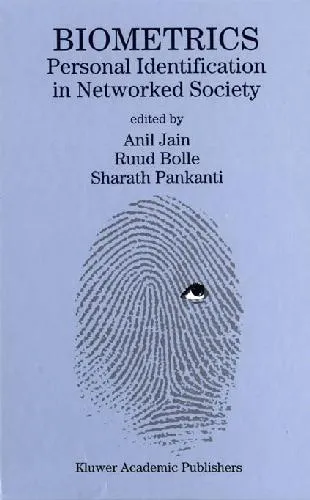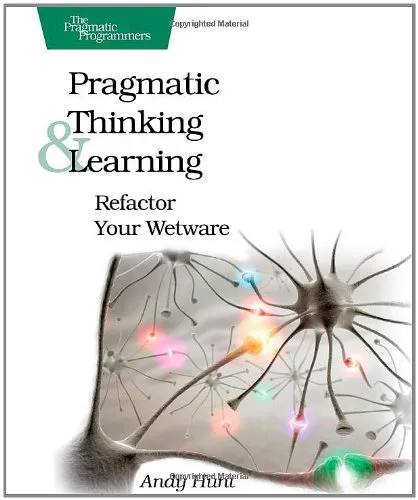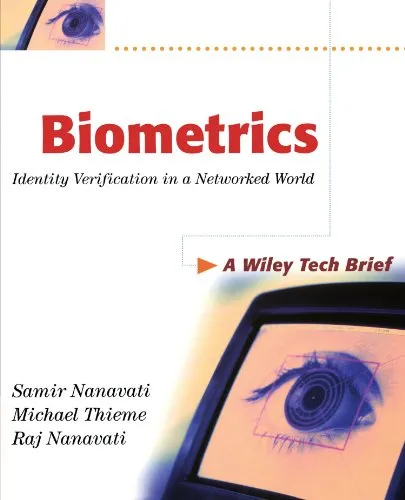Biometrics: Personal Identification in Networked Society
4.5
Reviews from our users

You Can Ask your questions from this book's AI after Login
Each download or ask from book AI costs 2 points. To earn more free points, please visit the Points Guide Page and complete some valuable actions.Related Refrences:
Introduction to "Biometrics: Personal Identification in Networked Society"
In today's increasingly digital world, the need for secure and reliable personal identification systems has never been more critical. "Biometrics: Personal Identification in Networked Society" serves as a comprehensive guide exploring the technology, implementation, and implications of biometric systems in our connected world. Authored by Jain A.K., Bolle R., and Pankanti S., this book delves into the mechanisms behind biometric systems and their role in modern society.
Detailed Summary of the Book
The book provides an exhaustive overview of various biometric technologies, including fingerprint, face, iris, voice, and gait recognition. Each chapter offers in-depth insights into the science and mechanics behind these technologies, discussing algorithms and measurements key to accurate identification.
The authors address the practical implementation of biometric systems, considering their integration into existing security frameworks. Real-world case studies illustrate success stories, challenges, and lessons learned from deploying these systems in different sectors such as government, law enforcement, and commercial applications.
The book also navigates the ethical, legal, and privacy concerns associated with biometric identification. By presenting current regulatory landscapes and potential future developments, it prompts readers to consider the balance between technological advancement and ethical responsibility.
Key Takeaways
- Biometric technologies offer unparalleled accuracy and reliability for personal identification, significantly bolstering security measures.
- The integration of biometric systems into society demands careful consideration of ethical and privacy concerns, aligning technological capabilities with human rights.
- Understanding the underlying algorithms and data processing in biometric systems is crucial for their advancement and trustworthy implementation.
- Biometric systems are continually evolving, driven by advancements in machine learning and artificial intelligence, leading to greater innovation and efficiency.
Famous Quotes from the Book
"Biometrics is not just a technology but a transformative approach to safeguarding identities and securing access."
"As society becomes more interwoven with digital frameworks, the role of biometric systems as guardians of individual and collective security becomes indispensable."
Why This Book Matters
This book is pivotal for professionals and academics in the field of security, technology, and policy-making. It offers a rare convergence of technical knowledge and socio-political insight—essential for anyone aiming to understand or influence the future of personal identification technologies. Its exploration of biometric technologies within a networked society underscores its relevance in an era where personal data is a prime target for security threats.
By engaging with this comprehensive guide, readers equip themselves with the knowledge to not only understand the current capabilities of biometric systems but also to critically assess the broader implications of their use. This foresight is increasingly crucial as these technologies become deeply embedded within global security infrastructure.
Free Direct Download
You Can Download this book after Login
Accessing books through legal platforms and public libraries not only supports the rights of authors and publishers but also contributes to the sustainability of reading culture. Before downloading, please take a moment to consider these options.
Find this book on other platforms:
WorldCat helps you find books in libraries worldwide.
See ratings, reviews, and discussions on Goodreads.
Find and buy rare or used books on AbeBooks.
1364
بازدید4.5
امتیاز0
نظر98%
رضایتReviews:
4.5
Based on 0 users review
Questions & Answers
Ask questions about this book or help others by answering
No questions yet. Be the first to ask!













